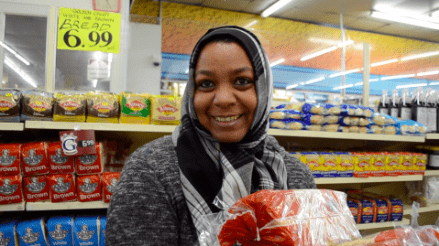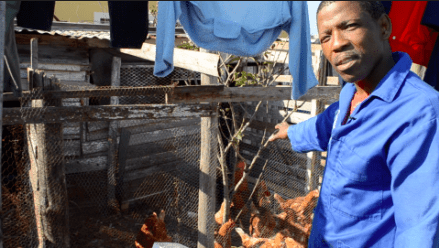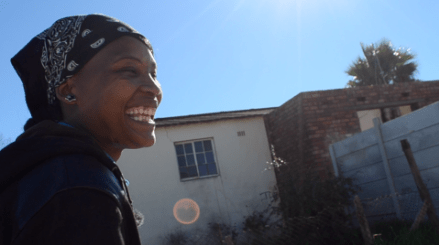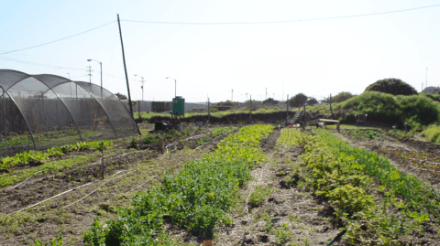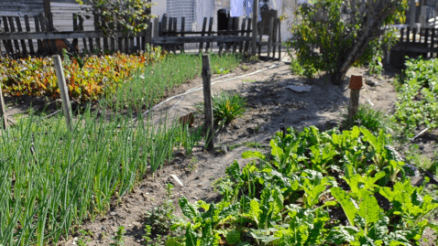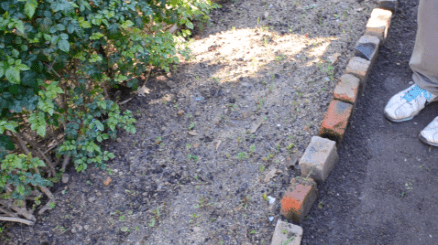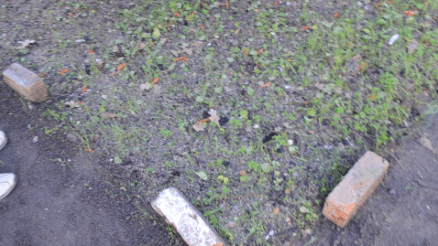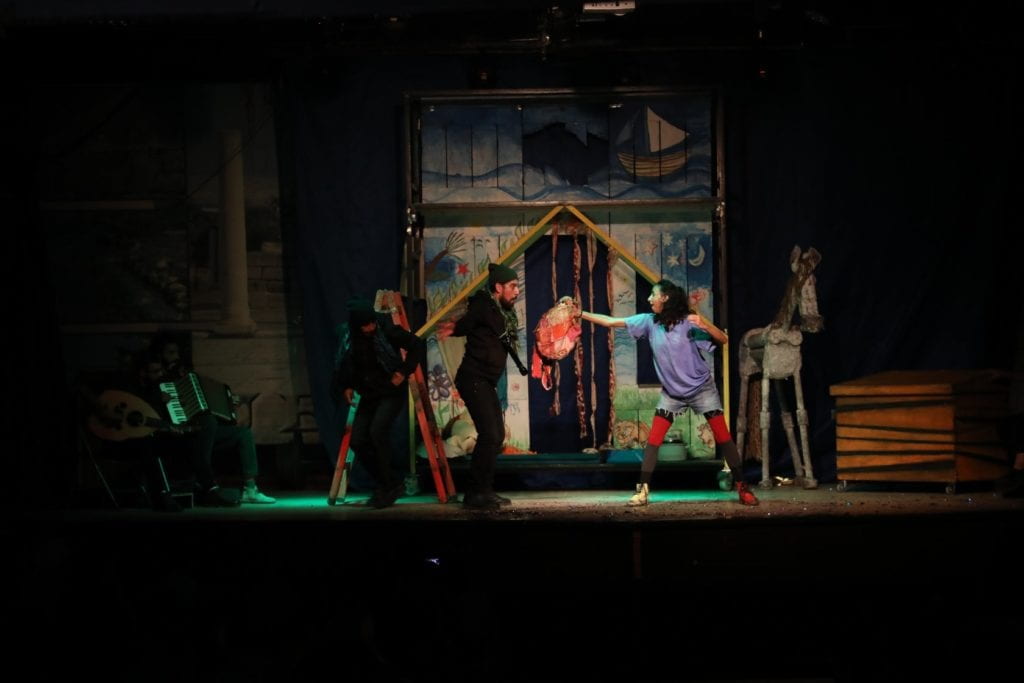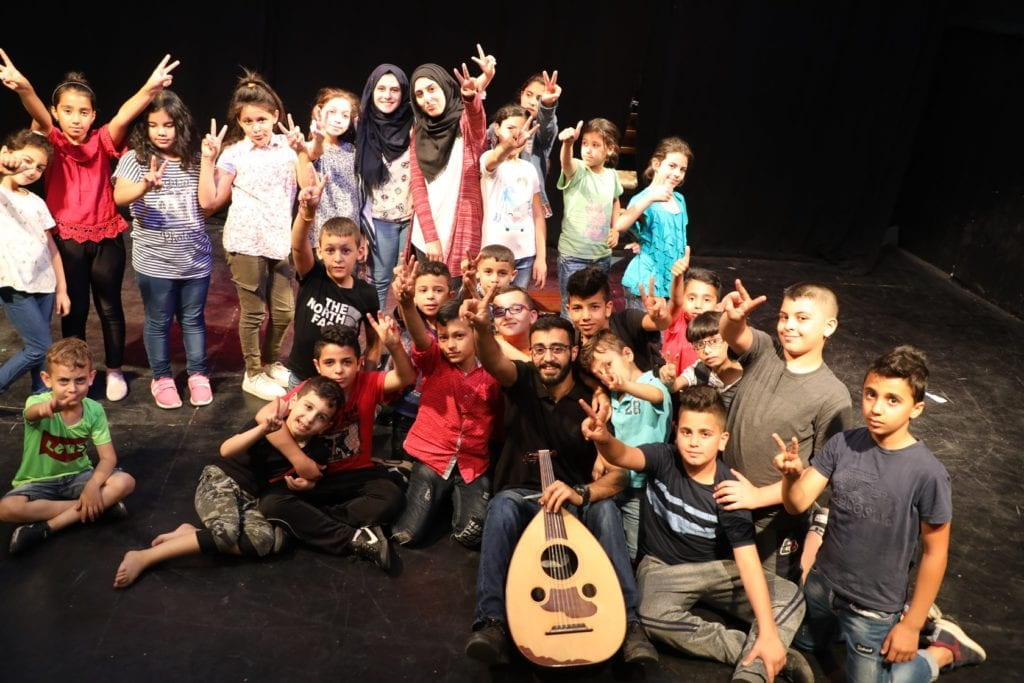Judy Luo
Centro para la Observación Migratoria y el Desarrollo Social en el Caribe (OBMICA)
Santo Domingo, Dominican Republic
My name is Judy Luo. I’m a third-year student at Gallatin studying carcerality (i.e., the broad terrain of social control, punishment, and discipline). Over the summer, I will be working as a research assistant with el Centro para la Observación Migratoria y el Desarrollo Social en el Caribe (OBMICA). OBMICA is a thinktank dedicated to issues associated with migration and social development in the Caribbean.
My human rights project is concerned with the lives of people post-deportation, particularly those who were exiled due to a criminal conviction. According to the 2017 ICE End of Year report, 89.2% of Enforcement and Removal Operations arrests were of people with a standing or pending criminal record. Deportees are subject to mental and physical trauma of a triple-tiered punishment regime: incarceration, detention, and deportation. Immediately upon their arrival to a country they likely have spent little time in, Dominican deportees are booked and marked as criminal. The import of the myth of the “American Dream” casts them as failures in the eyes of the general population. The stigmatizing mark of “deportee-criminal” shadows them everywhere, rendering them structurally vulnerable to human rights violations. Dominican deportees face great difficulty finding work and housing, accessing health care services, avoiding police harassment, and forging a place in their new communities. Family separation and cultural alienation contributes to high rates of depression, anxiety, and a host of other mental health issues.
Through speaking to some researchers and activists who are engaged in this work, I have discovered that there are no standing organizations dedicated to supporting this population. This summer, I will be contributing to OBMICA’s new research initiative, which seeks to consolidate updated information on the living conditions and survival of Dominican deportees. One challenge that I expect to be constantly grappling with is working with a community that I am not a part of. In our seminar this year, we’ve explored in depth how Orientalism often plagues human rights work. A wholly insufficient but necessary step I can take to addressing this is diving into the work with wide-open ears and readiness to learn. I intend to apply the grassroots spirit I’ve acquired through prison abolition organizing here in New York to my summer work in Santo Domingo.
